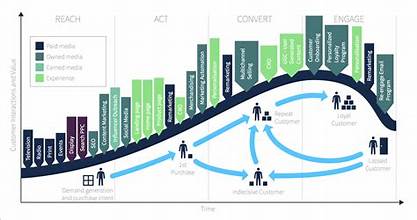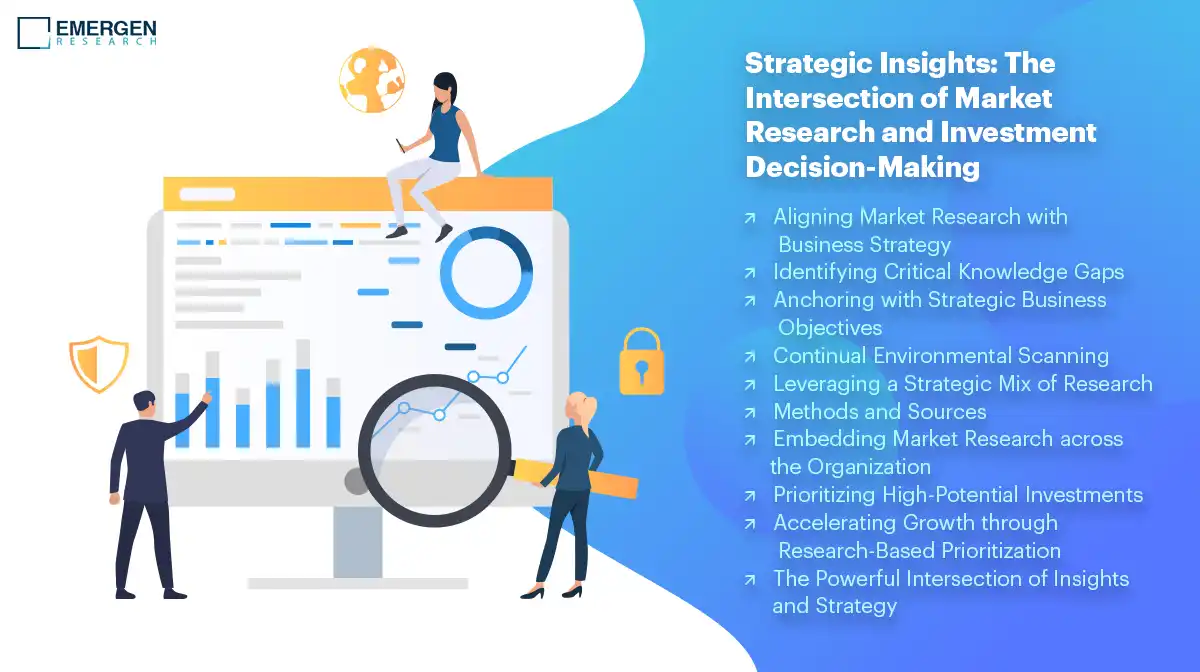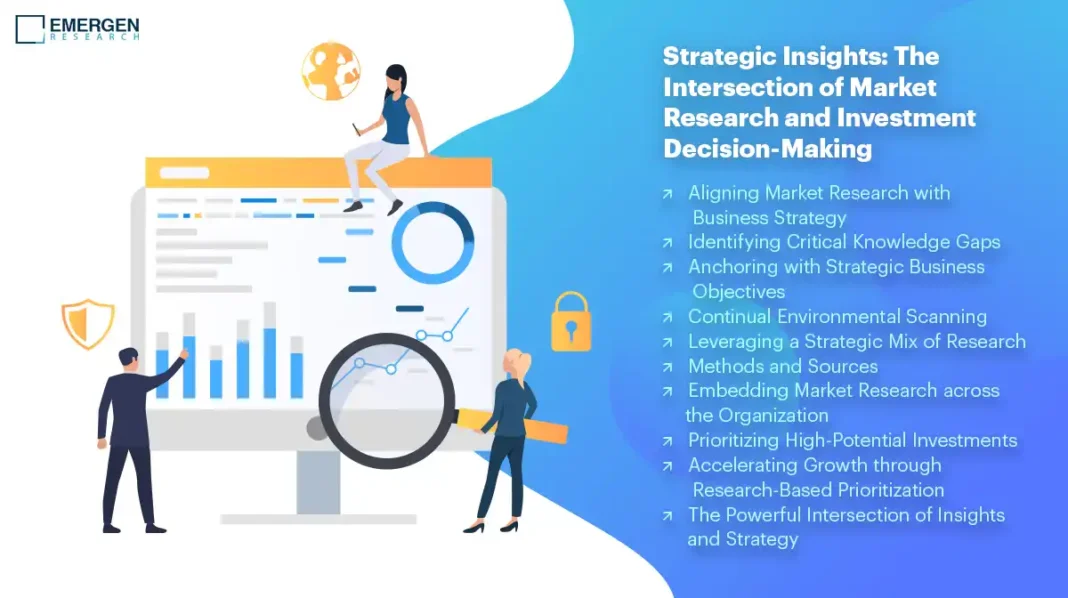
In the dynamic landscape of business, market research serves as the compass guiding companies through uncharted territories. As we move into 2024, market research continues to evolve, driven by technological advancements and shifting consumer behaviors. This article delves into the key market research trends for 2024, exploring emerging insights and strategies that are reshaping the future of this critical field.
1. The Rise of Artificial Intelligence in Market Research
Artificial Intelligence (AI) is revolutionizing market research by enhancing data analysis, forecasting, and consumer insights. AI algorithms can analyze vast amounts of data quickly and accurately, identifying patterns and trends that may not be immediately visible to human analysts. This technology enables businesses to make more informed decisions based on predictive analytics.
Key AI Applications in Market Research:
- Sentiment Analysis: AI-powered tools can assess consumer sentiment from social media, reviews, and other sources, providing valuable insights into public perception.
- Chatbots and Virtual Assistants: These AI-driven tools streamline data collection and customer engagement, offering real-time responses and personalized interactions.
- Predictive Analytics: AI models forecast future trends by analyzing historical data, helping businesses anticipate market shifts and consumer preferences.
2. Enhanced Data Privacy and Security
With increasing concerns about data privacy, regulatory changes are impacting how market research is conducted. The implementation of stricter data protection laws, such as the General Data Protection Regulation (GDPR) and the California Consumer Privacy Act (CCPA), is shaping data collection and handling practices.
Strategies for Ensuring Data Privacy:
- Anonymization and Aggregation: Removing personally identifiable information and aggregating data help protect individual privacy while still providing valuable insights.
- Transparency and Consent: Clearly communicating data collection practices and obtaining explicit consent from participants are essential for building trust and compliance.
- Secure Data Storage: Implementing robust security measures to protect data from breaches and unauthorized access is crucial.
3. Integration of Big Data and Analytics
Big Data analytics is becoming increasingly important in market research, allowing businesses to process and analyze large datasets to uncover actionable insights. The integration of big data with market research enables a more comprehensive understanding of consumer behavior and market dynamics.
Benefits of Big Data in Market Research:
- Holistic View: Combining data from various sources provides a more complete picture of consumer preferences and market trends.
- Real-time Insights: Big data analytics offers real-time insights into market conditions, enabling agile decision-making.
- Personalization: Analyzing big data allows businesses to create more personalized marketing strategies and product offerings based on individual preferences and behaviors.
4. The Growing Importance of Qualitative Research
While quantitative data provides valuable statistical insights, qualitative research is gaining prominence for its ability to capture the nuances of consumer attitudes and motivations. In-depth interviews, focus groups, and ethnographic studies offer a deeper understanding of consumer experiences and emotions.
Qualitative Research Techniques:
- In-depth Interviews: Conducting one-on-one interviews provides rich, detailed insights into consumer attitudes and motivations.
- Focus Groups: Group discussions reveal collective attitudes and reactions, allowing researchers to explore group dynamics and consensus.
- Ethnographic Studies: Observing consumers in their natural environments provides a deeper understanding of their behaviors and interactions.
5. Emphasis on Customer Experience and Journey Mapping
Understanding the customer journey is crucial for optimizing marketing strategies and enhancing customer satisfaction. Journey mapping involves analyzing the various touchpoints and interactions that customers experience with a brand, from initial awareness to post-purchase support.
Benefits of Journey Mapping:
- Identifying Pain Points: Mapping the customer journey helps identify areas where customers may encounter challenges or dissatisfaction.
- Enhancing Engagement: Understanding the journey enables businesses to tailor their interactions and communications to meet customer needs more effectively.
- Improving Retention: By addressing pain points and enhancing the overall experience, businesses can increase customer loyalty and retention.
6. Adoption of Agile Market Research Methods
Agile methodologies, commonly used in software development, are being applied to market research to increase flexibility and responsiveness. Agile market research involves iterative cycles of data collection, analysis, and feedback, allowing businesses to adapt quickly to changing market conditions.
Advantages of Agile Market Research:
- Faster Insights: Agile methods enable rapid data collection and analysis, providing timely insights that can inform decision-making.
- Flexibility: The iterative nature of agile research allows for adjustments based on new information or changing requirements.
- Collaborative Approach: Agile research encourages collaboration between researchers, stakeholders, and customers, fostering a more dynamic and responsive research process.
7. The Impact of Blockchain Technology
Blockchain technology, known for its role in cryptocurrency, is making its way into market research by enhancing data transparency and security. Blockchain’s decentralized and immutable nature ensures that data is accurate, secure, and tamper-proof.
Applications of Blockchain in Market Research:
- Data Integrity: Blockchain can verify the authenticity and accuracy of research data, reducing the risk of manipulation or fraud.
- Transparent Reporting: Blockchain provides a transparent record of data collection and analysis processes, enhancing trust and accountability.
- Efficient Transactions: Blockchain streamlines data transactions and contracts, reducing administrative costs and improving efficiency.
8. Increased Focus on Sustainability and Ethical Research
As consumers and businesses become more conscious of environmental and social issues, there is a growing emphasis on sustainability and ethical practices in market research. Companies are adopting practices that align with their values and address societal concerns.
Sustainable Research Practices:
- Eco-friendly Methods: Utilizing digital tools and reducing paper-based processes minimize environmental impact.
- Ethical Considerations: Ensuring fair treatment of participants and respecting their rights and privacy are fundamental to ethical research practices.
- Social Responsibility: Supporting social causes and contributing to community well-being through research initiatives enhances brand reputation and aligns with consumer values.
Conclusion
As we navigate the evolving landscape of market research in 2024, it is clear that technology, data privacy, and consumer expectations are driving significant changes. The integration of AI, big data, and blockchain technology, combined with a focus on qualitative insights and ethical practices, is shaping the future of market research. By embracing these trends and adapting to emerging insights, businesses can stay ahead of the curve, make informed decisions, and build stronger connections with their customers.














